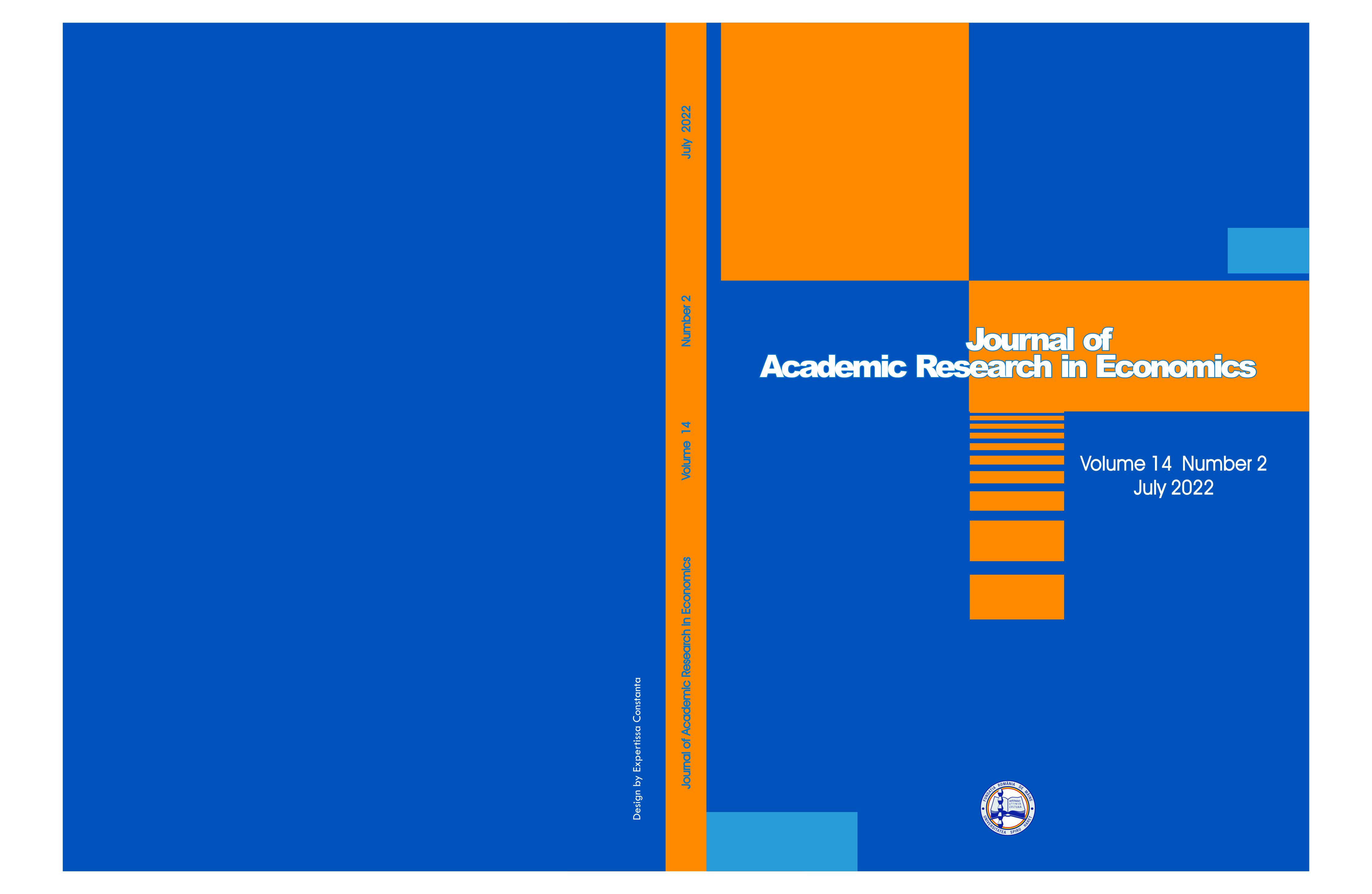MONETARY POLICY AND STOCK MARKET PERFORMANCE: EVIDENCE FROM NIGERIA
MONETARY POLICY AND STOCK MARKET PERFORMANCE: EVIDENCE FROM NIGERIA
Author(s): Eghosa Lawson Igbinovia, Amenze Sandra AirhiavbereSubject(s): National Economy, Economic policy, Methodology and research technology, Economic development, Financial Markets
Published by: Universitatea SPIRU HARET - Faculty of Accounting and Financial Management
Keywords: Nigeria; Monetary Policy; Stock market;
Summary/Abstract: The study used Vector Error Correction Model (VECM) causality framework to examine the influence of Monetary Policy instruments on stock market performance in Nigeria. Monthly data ranging Jan 2010 to Jun 2019 were sourced and analyzed with the VECM methodology after the preliminary test of descriptive statistics, correlation analysis, ADF stationarity test, Johansen co-integration test and Akaike Information Criteria (AIC) were satisfied according to theoretical requirement. Findings show that Monetary Policy instruments of Broad Money Supply (BMS) and Inflation Rate (INFR) were significant determinants of stock market return (proxied by all share index) in the short run. BMS, INFR, Interest Rate (INTR), Exchange Rate (EXR) and Market Capitalization (MCAP) (controlled variable) significantly impact stock market performance in the long run. Since, all the Monetary Policy instrument variables jointly explain 53% dynamics in stock market performance and their corresponding relationship when taken together is significant as indicated by F-statistics; the study concludes that Monetary Policy instruments are significant determinants of stock market performance in Nigeria via interest rate, exchange rate and inflation transmission channel.
Journal: Journal of Academic Research in Economics (JARE)
- Issue Year: 14/2022
- Issue No: 2
- Page Range: 336-352
- Page Count: 17
- Language: English

